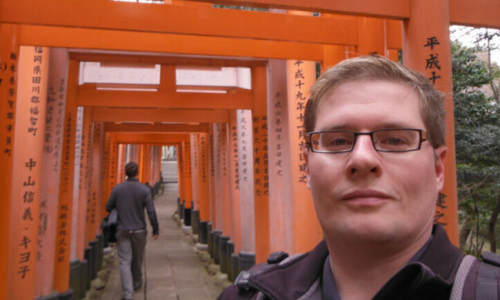
The simple idea of incorporating some volunteering into your vacation time, affectionately coined ‘Voluntourism,’ has become a common pattern that young people, students especially, are diving into fervently, hoping for a short term travel experience beyond some bars and a beautiful beach- although there’s nothing wrong with that picture! Lots of these opportunities can be captivating and provide you with a greater scope of the desired destination and give you unique and ample stories to tell when you get home. Working at an orphanage in the morning, snorkeling in the afternoon, then partying at night may seem like a great plan, however, be wary of whom you travel with.
Some tips to avoid the pitfalls of Voluntourism:
-
Know yourself and ask questions: Searching “Voluntourism” or “volunteer travel” on Google will lead you to nearly half a million results and leave you feeling overwhelmed and discouraged. What are you looking to gain after your experience? Do you want to put to practice skills that you’ve learnt? Are you passionate about a certain cause? Do you want to be volunteering most of the time? For a short time? Do you want your volunteering to reap benefits for yourself? Or do you want a free stay and extra/bonus excursions or perks? Do you want to meet people? All these things are important to consider in narrowing down your search and opening up your mind to exciting opportunities.
-
Know the charity and choose local/ grassroots organizations: Choose options that are led by community-driven establishments in the area you are venturing to. These places will have a clearer grasp of specific areas of help needed and can put you to work in the most time maximizing way. Put your enthusiasm to use before you jet off by attempting to understand how you can ethically contribute. This means researching the area and finding the right fit for your skills and interests. Having a strong clutch on what the issues are will be more motivating and make you prepared to utilize your capabilities.
-
If you have to pay…: Investigate why. You might be skeptical as to why your free labor costs money. And you should be. These costs can be legitimate, stemming from supply needs or operational expenses, however it is always smart to go on their website and look at the breakdown as to where your expenses are going. Benefit: most of the time, fees paid for valid charities are tax deductible.
-
Stick with project/task based opportunities: I prefer to stick with projects, events or tasks like cleaning, building, farming, even working with animals and the like, when incorporating small bouts of volunteer time into travels. There is a great deal of skepticism associated with extremely short-term volunteer related to working in orphanages or with young school age children. Project based volunteering is a great way to get your feet wet and avoid attachments developing with the child, which can make it psychologically strenuous for the child when you, the volunteer, has to leave so abruptly. When you stick with projects, not only do you circumvent this, but create is a sense of completion when seeing the work you have done.
With that in mind, travel and volunteering marry well together. And travelling curiously can catapult you into a deeper connection with the community you are briefly inhabiting. The process of choosing the right fit of voluntourism can be educational for yourself and help enhance your appreciation of the area when you touch ground there.
Beyond the Blog
-
For more information, check out this TED Talk about Voluntourism!












